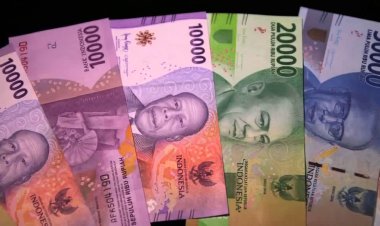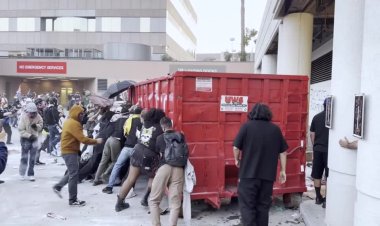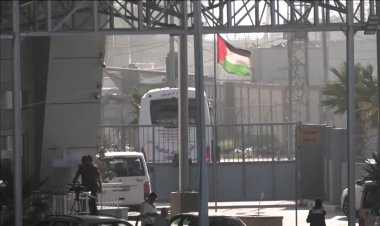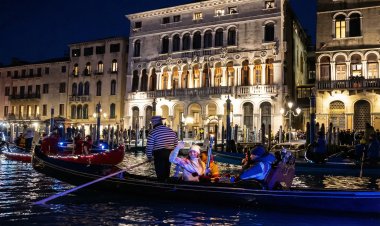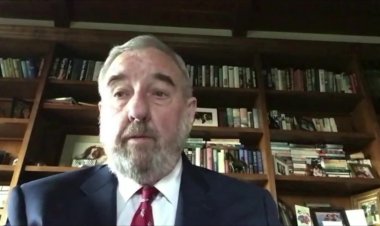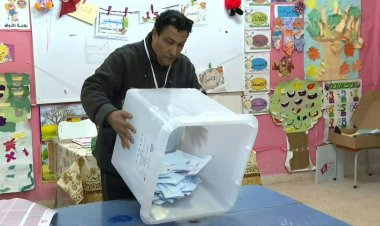Ex-leader ahead as Costa Ricans elect new president
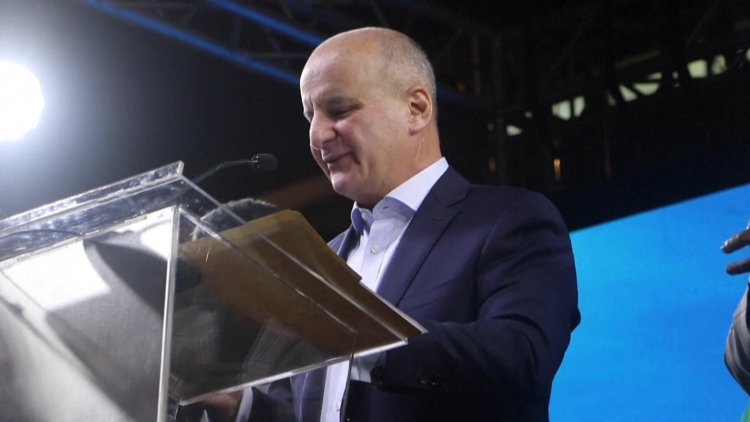
Costa Ricans voted for a new president Sunday from a crowded field of candidates, with a centre-left former leader ahead of the pack with about 60 percent of ballots counted in one of Latin America's most stable democracies.
Twelve hours of voting closed at 6 pm (midnight GMT) in what is frequently rated the region's "happiest" country, a tourist mecca and a leading green economy.
However, polls show unemployment, corruption and creeping living costs topping the concerns of 3.5 million eligible voters in the country of five million people.
Jose Maria Figueres, 67, of the centre-left National Liberation Party (PLN), had roughly 27 percent of the vote with 63 percent of ballots counted, the Supreme Electoral Tribunal said.
To win in the first round, one candidate must take 40 percent of the vote -- otherwise the two leading contenders will face each other in an April 3 run-off.
The eventual winner will be expected to tackle a worsening economy where unemployment has been steadily rising for more than a decade and reached 14.4 percent in 2021.
The poverty rate stood at 23 percent last year while the public debt was 70 percent of GDP.
Costa Rica's problems have worsened with the coronavirus pandemic dealing a hard blow to its critical tourism sector.
On Sunday, Figueres, who led the country from 1994 to 1998, condemned the levels of poverty as well as housing shortages.
"We have never experienced these things in this magnitude," he said.
For Francisco Zeledon, the first voter in line at one polling station, "voting is the most important weapon we have to solve problems."
"We have to solve poverty and create jobs for people," the 35-year-old said.
Polls have shown about a third of voters are undecided, faced with a choice of 25 presidential candidates.
But one outcome looked likely: the ruling Citizens' Action Party (PAC) appeared set for a bruising defeat with anti-government sentiment sky-high.




